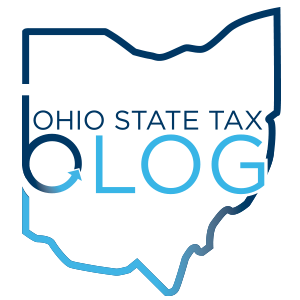Colorado Sales Tax Notification and Reporting Law Found Constitutional
In 2010, Colorado enacted legislation to enhance use tax collection by mandating that non-collecting retailers notify customers of their tax obligation by:
- Notifying customers at the time of sale that purchases may be subject to Colorado use tax.
- Providing an annual statement to customers making at least $500 of purchases of the total amount of purchases that may be subject to Colorado use tax.
- Filing an annual report with the Colorado Department of Revenue of those customers receiving an annual statement.
A limited de minimis exception exists for vendors with annual sales less than $100,000. In 2012, the Colorado District Court found the reporting provision to be unconstitutional in violation of the Commerce Clause – too burdensome on commerce by discriminating against foreign vendors. After a number of procedural issues, including the U.S. Supreme Court’s decision that the law could be challenged in federal court, the 10th Circuit Court of Appeals recently held that Colorado’s notice and reporting requirements are constitutional because the law neither facially discriminates against foreign vendors nor discriminates in practical effect. Direct Marketing Assn. v. Brohl, Case No. 12-1175 (10th Cir., Feb. 22, 2016).
The Court of Appeals limited the Quill physical presence requirement to the burdens associated with sales tax collection, but not the notification and reporting requirements under Colorado’s law. The Court found there was no substantial burden on interstate commerce.
We would expect that the Direct Marketing Association will appeal this decision to the U.S. Supreme Court. If ultimately upheld, other states will likely follow Colorado’s lead by enacting similar notification and reporting requirements for non-collecting retailers, such as Oklahoma and Kentucky. Contact us if you have questions about whether Colorado’s sales tax notification law may apply to your business.
